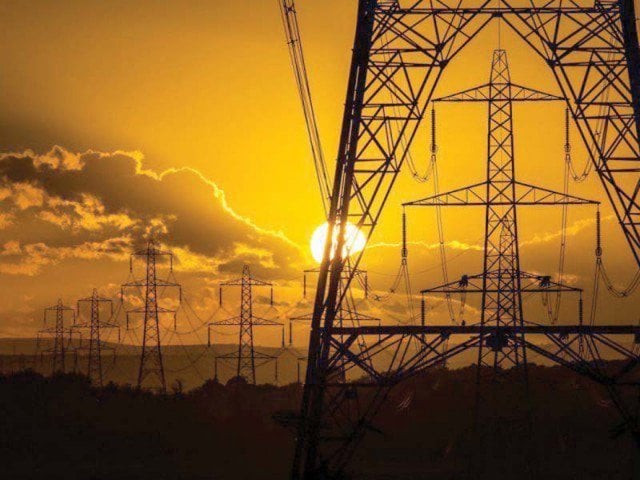NEPRA ups tariff by Rs1.46 due to July FCA
XWDISCOs consumers will pay amount in this month’s bills

Amid the growing unrest among consumers over inflated power bills, the National Electric Power Regulatory Authority (Nepra) has made another hike in electricity prices by Rs1.46 per unit on account of fuel charges adjustment (FCA) for the month of July 2023.
According to Nepra's notification, the adjustment for the ex-WAPDA distribution companies (XWDISCOs) had been made keeping in view that the actual price of electricity generated in July stood at Rs8.3565 per kWh against the corresponding reference fuel charge component of Rs6.8935 per kWh.
Therefore, it added that an increase of Rs1.4630 per kWh had been made for XWDISCOs consumers.
Nepra said this adjustment would be applicable to all categories of consumers except electric vehicle charging stations and lifeline ones.
It will be clearly shown separately on consumers' bills based on the units consumed in July 2023.
XWDISCOs are mandated to reflect this FCA in the billing for September this year.
The notification also emphasised that while implementing the FCA, XWDISCOs must strictly comply with court orders, ensuring that the adjustment was carried out in accordance with the law.
The notification read that adjustment had been made on account of variations in fuel charges in accordance with “Section 31(7) of the Regulation of Generation, Transmission, and Distribution of Electric Power Act, 1997, as amended through the Regulation of Generation, Transmission, and Distribution of Electric Power (Amendment) Act, 2011”.
This increase in electricity prices will impact the consumers' monthly bills and are a reflection of the ongoing fluctuations in fuel costs, which are a significant factor in determining power tariffs.
Earlier, the power regulator conducted a public hearing and indicated an increase of Rs1.58 per unit related to the FCA for the month of July 2023.
During the public hearing, Nepra and various stakeholders expressed their concerns about the inefficiency of electricity companies in the country.
One striking revelation during the hearing was related to the Sahiwal coal-fired power plant.
Nepra had initially set the reference tariff for this plant at Rs16 per unit, but it was revealed that it was claiming a price of Rs27 per unit.
Officials from the Central Power Purchasing Agency-Guarantee (CPPA-G) explained that the Sahiwal plant had imported coal at $400 per ton, but it could not use it because of concerns about violating the economic merit order.
Government officials called for allowing a weighted average cost of coal to be used to generate cheaper electricity from the plant.
In response, Nepra officials pointed out that coal prices had decreased to $100 per ton, yet the plant was not utilising this cheaper option, resulting in higher costs being passed on to the consumers.
The regulator questioned why consumers should be burdened with capacity charges when the plant was not operating efficiently.
The Sahiwal plant has produced very little electricity in recent months, adding to the concerns of mismanagement at coal-based power plants, where the base tariff is low but their claims are high.
Additionally, it was revealed that two coal-based power plants with a combined generation capacity of 3,900MW were only supplying 2,200MW, leaving 1,700MW unused.
Nepra stressed that the system could generate cheaper power as originally intended, with coal-based electricity at a base tariff of Rs16 per unit.
Consumers were reportedly forced to pay Rs1.5 billion for system constraints in fuel adjustment for the month of July 2023.
The regulator also raised questions about the collapse of 138 towers of the National Transmission and Despatch Company (NTDC) over the past five years.
The NTDC officials argued that Nepra had stopped the payment of Rs38 billion to the company, causing it to face financial challenges.



















COMMENTS
Comments are moderated and generally will be posted if they are on-topic and not abusive.
For more information, please see our Comments FAQ